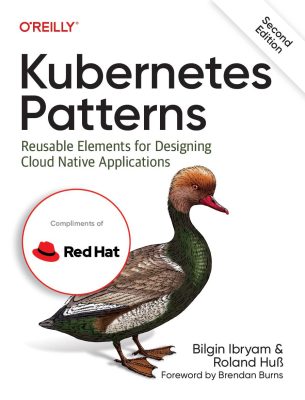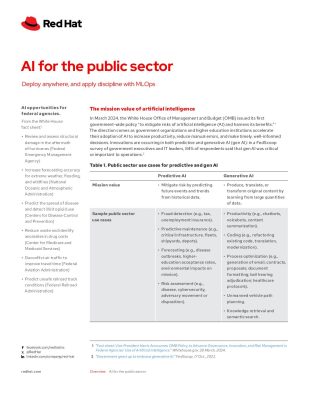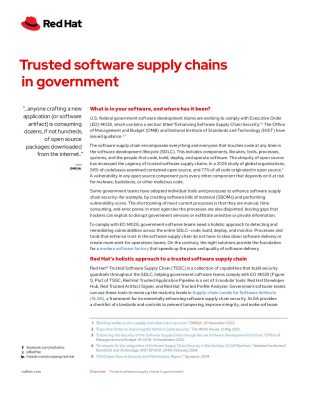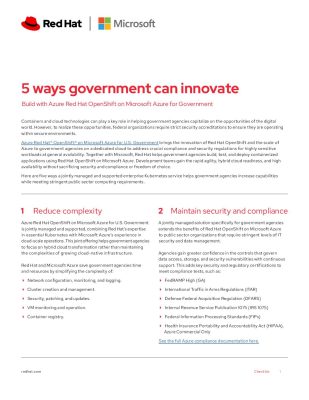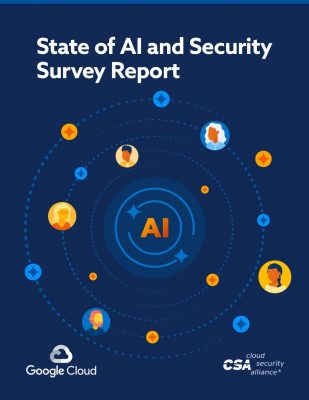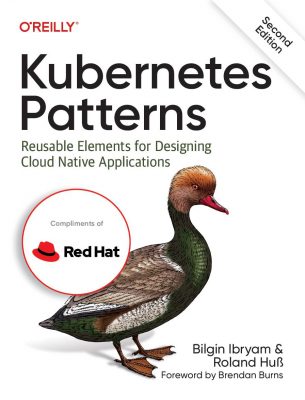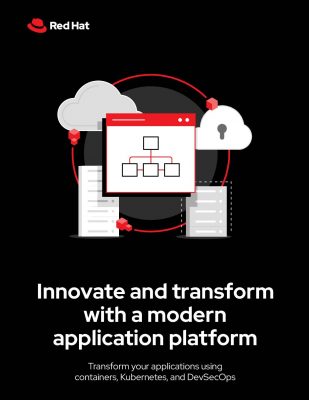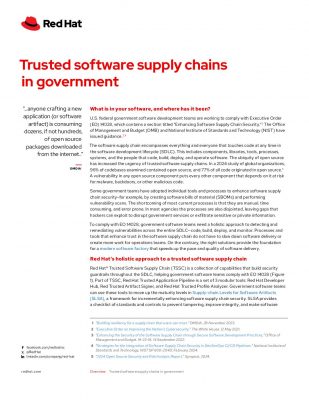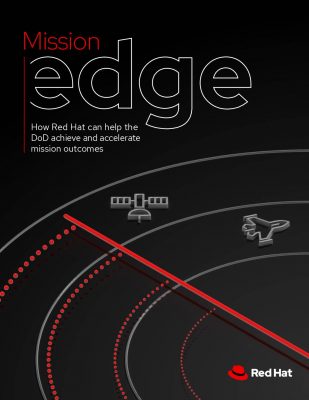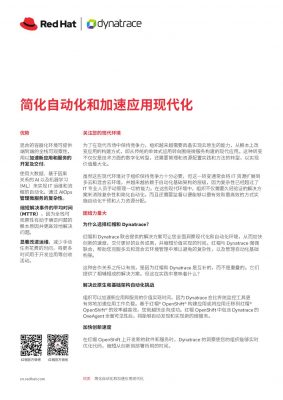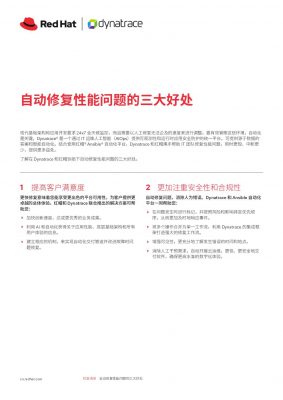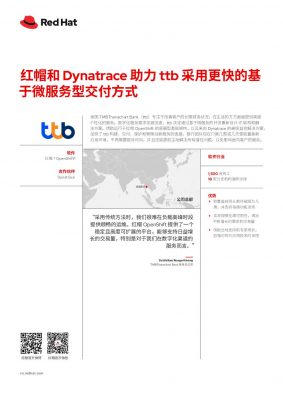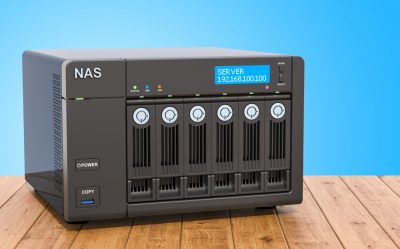Highlights:
- As part of the extended AWS collaboration, Salesforce enables users to send prompts from Salesforce Prompt Builder to language models on Amazon Bedrock.
- Salesforce plans to enhance the AI capabilities of its Heroku application platform using AWS services.
A new partnership between Salesforce Inc. and Amazon Web Services Inc. will allow them to integrate more tightly across more than a dozen of their services.
The project, which builds on an established collaboration, was unveiled at AWS re: Invent 2023. The primary takeaway from the announcement is that Salesforce will start offering a number of its essential products for sale through the AWS Marketplace. Simultaneously, it is releasing integrations for the Amazon.com Inc. division’s cloud that will streamline processes like personalizing large language models.
Chief Executive Officer of Salesforce, Marc Benioff, said, “We’re bringing together the No. 1 AI CRM provider and the leading cloud provider to deliver a trusted, open, integrated data and AI platform, and ensuring we meet massive customer demand for our products on the AWS Marketplace.”
Streamlined Procurement Process
Salesforce is opening up access to its flagship platforms—Sales Cloud, Service Cloud, and Data Cloud—through the AWS Marketplace. The list includes Heroku, a cloud platform developers use to create and host software, and Tableau, a MuleSoft toolkit for facilitating data transfer between applications.
During this process, Salesforce intends to create AWS Marketplace listings for its Industry Clouds. These product bundles include the company’s main offerings and features intended for specific sectors like manufacturing. Over six of these bundles are available from Salesforce.
The availability of these products on the AWS Marketplace facilitates their purchase for the numerous shared customers with the Amazon unit, providing a more accessible procurement process. Additionally, it will be feasible to apply AWS credits toward Salesforce purchases, according to Bloomberg. For joint customers, that might open up cost-saving options.
At first, Salesforce only offered a small selection of its products to customers in the United States through the AWS Marketplace. Next year, it intends to add more regions and products. Bloomberg reports that Salesforce may eventually look into comparable go-to-market alliances with AWS competitors like Microsoft Corp. and Google LLC.
AI Becomes the Focal Point
Sometimes, rewriting an AI prompt can greatly enhance the quality of the output that is produced. Salesforce introduced the Salesforce Prompt Builder in September to assist developers in determining which AI prompt version is most popular among employees at their company. Users can share those optimized versions with others or store them as templates.
Salesforce will allow users to send prompts made with Salesforce Prompt Builder to large language models housed on Amazon Bedrock as part of its enlarged partnership with AWS. Furthermore, customers can tailor these language models with the Einstein Trust Layer. This tool allows for the fine-tuning of neural networks using datasets stored in Salesforce, all while ensuring that sensitive business information remains protected.
Adam Selipsky, CEO of AWS, said, “Salesforce and AWS make it easy for developers to securely access and leverage data and generative AI technologies to drive rapid transformation for their organizations and industries. With this expanded partnership, our joint customers gain powerful new ways to innovate, collaborate, and build more customer-focused applications.”
In order to improve the AI capabilities of its Heroku application platform, Salesforce will also make use of AWS services. On Heroku, developers use containers known as dynos to deploy workloads. Salesforce will enable developers to run dynos on AWS instances with AI-optimized chips, thereby supporting their machine-learning projects.
Heroku customers will have access to a range of chips, including AWS Trainium and AWS Inferentia processors developed in-house by the cloud giant. These processors are optimized for AI training and inference, respectively. Additionally, third-party graphics cards will be accessible. To cater to workloads that emphasize cost efficiency, Salesforce intends to provide Heroku dynos equipped with AWS Graviton central processing units.
Simplified Data Management
Salesforce’s Data Cloud platform is about to receive yet another round of new AWS integrations. Launched the previous year, Data Cloud consolidates the information gathered by a company about its customers into a single location for simplified analysis. Integrated AI features assist marketers in scanning customer records for valuable insights.
Companies will be able to transfer records between Data Cloud and AWS services with the new integrations without having to write custom ETL, or extract, transform, and load scripts. Administrators can guarantee that data is used securely by implementing a set of access controls simultaneously. The controls enable the management of access to records stored in Amazon S3 within an organization’s Data Cloud environment, allowing for the regulation of individuals who can retrieve such records.
On the other hand, AWS will internally implement Data Cloud to oversee the customer profiles essential for informing its user acquisition strategies. This marks a broader initiative by the cloud giant to extend the utilization of various Salesforce products.
